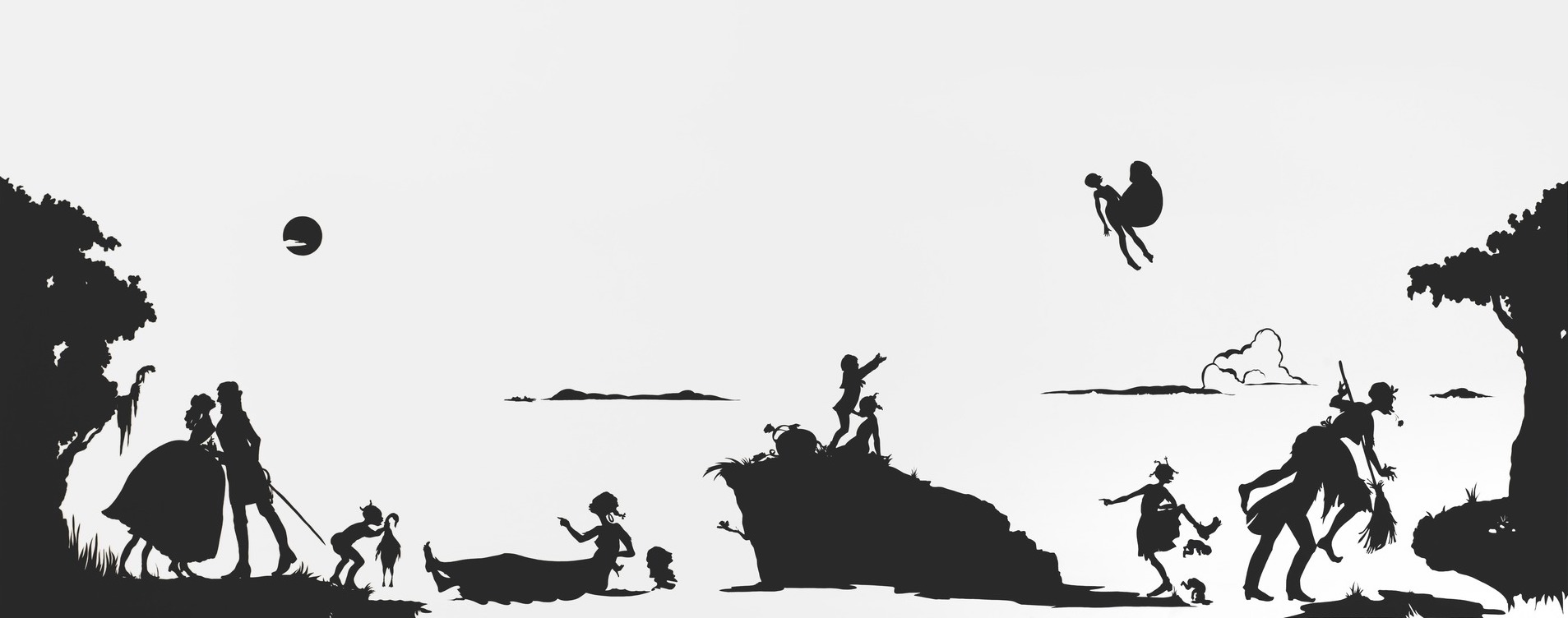I had a chance to attend the MLK Commemoration’s justice dialogue about the Vietnam War, or from my country’s perspective, the Resistance War against America. After Dien Bien Phu and the Geneva Conference in 1954, the French colonial rule in Vietnam and Indochina were thought to come to an end. But instead, the north and south of Vietnam once again experienced another long and costly war that was influenced by the financial support and political power of the United States. Participating in the justice dialogue of Dr. King’s 1967’s “A Time to break silence” was refreshing, especially as a Vietnamese generation whose memory of “the War against the Americans” was only learned during high school’s history classes and through my parents’ stories.
The speech, targeting American audiences, calls out the lasting involvement of the U.S and portrays the Vietnam war as “the enemy of the poor” to both the Vietnamese and American citizens. Dr. King argues for a “radical departures from the destruction of Vietnam” as a civil rights leader that promotes peace, morality, integrity, and non-violent coexistence. He does not limit the vision “to certain rights for black people”, but convicts to “save the soul of America”, and believes that American liberation and the descendants of its slaves are still not “freed from the shackles”. Dr. King first points out the hypocrisy of sending the “black young men who [was] crippled by the society and […] send them to guarantee liberties in Southeast Asia which they have not found in [the U.S].” and the irony of “Negro and white boys […] kill and die together for a nation that has been unable to seat them together in the same schools [nor] live in the same block in Chicago”. Additionally, Dr. King believes the image of “revolution, freedom, and democracy” of the U.S is turned into “violence, militarism, and materialism” through the U.S’s involvement in the war. “Funds, energies, men, and skills” are invested into the “demonic destructive suction tube” instead of into the “rehabilitation of its poor”. And “the voice against the violence of the oppressed in the ghettos” could never be heard without speaking first about “the greatest purveyor of violence in the world today – [his] own government”. In short, the speech argues that being an activist for the Civil Rights is not only the more reason to promote moral peace and co-existence instead of violence but also is relevant to his vision of the American liberation.
Additionally, Dr. King believes it is the American’s responsibility to “speak for the weak, for the voiceless, for the victims of our nation and for those it calls ‘enemy'” because of the “privileges and burden […] bound by allegiances and loyalties [that are more vital and goes beyond] the nationalism and [the U.S’s] self-defined goals and positions”. As a Vietnamese student who has always been curious about how the contemporary Americans’ view of the Vietnam war, I was aware that there was a wave of anti-Vietnam War movement and many have strong opposition against the government’s stance of the war during that time. However, it is refreshing to see how MLK, a figure that promotes civil rights and liberation, describes the U.S’s involvement, such as “Western arrogance that poisoned the international atmosphere”, “encouraged [the French] with [the] huge financial and military supplies to continue the war even after [the French] had lost the will” – as the U.S supports 80% in terms of the finance and military – and “soon [the U.S paid] almost the full costs of this tragic attempt at recolonization”. Dr. King reaffirms many intolerant acts, such as the destruction of the “Vietnamese cherished institutions – the family and the village” and the support of “the enemy of the peasants in Sai Gon”. The speech is a powerful dialogue that radically criticizes the U.S’s imperialism, militarism, and materialism that do not only poison the international and the Indochina, but also the America and its children.
